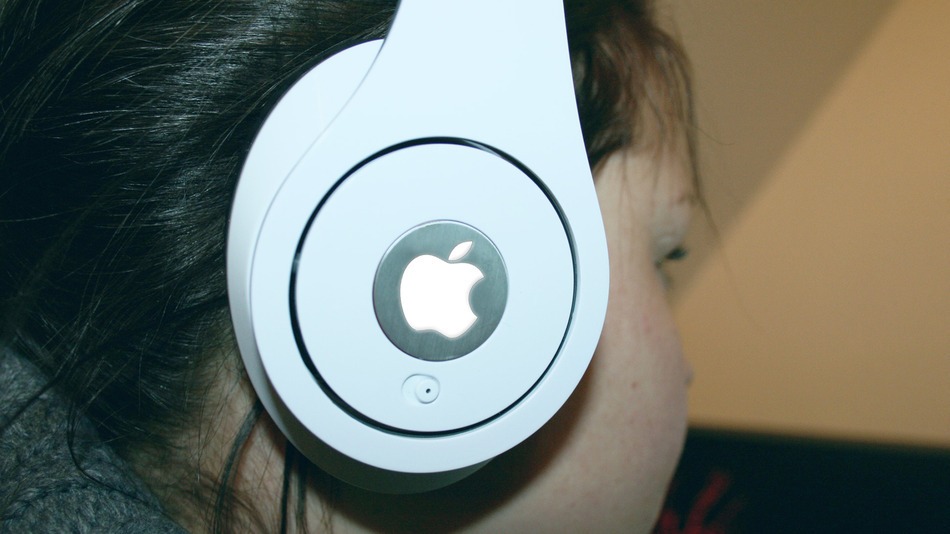By Doug Stephens

I read an intriguing article this morning by Denise Lee Yohn that asks the provocative question: Is the Apple Corporation we once knew dead and gone or is it embarking on some sort of a rebirth – a reinvention of its corporate ecosystem as it moves forward into the post-Steve Jobs era? Central to this question is Yohn’s analysis of Apple’s recent acquisition of headphone-making, music streaming company Beats – a multi-billion dollar deal that breaks abruptly from Apple’s long tradition of favoring in-house invention over outside acquisition.
Are you willing to be misunderstood?
The truth is, despite rampant speculation and furious levels of discussion about Apple’s plans for Beats, no one is quite certain why the acquisition took place, much less what it means for the Apple brand going forward. It’s unusual, radical and we don’t get it. But this, I would argue, is precisely why it is such a brilliant strategic decision.
Amazon CEO Jeff Bezos once said, “Invention requires a long-term willingness to be misunderstood.” Which is to say, if you intend on doing something that’s never been done before, most people won’t understand it. To the contrary, most of us (consumers, analysts and investors) are far more comfortable with linear, predictable and anticipated advancements –evolution as opposed to revolution. The problem is that businesses can no longer simply aim for continuous, incremental improvement and expect to survive, much less thrive. Disruption is coming from all sides and it seems, most particularly from companies who are relative outsiders to the industries they’re disrupting. Uber is disrupting the global transportation market by fundamentally changing the way we hail a cab or limo. Warby Parker is upsetting the optical category with its unique blend of online/offline customer experience. Tesla is causing a stir in the automotive industry by selling direct to consumers and bypassing dealerships and Airbnb will book more nights in rooms this year than Hilton Hotels. All of these companies were unknown outsiders who broke the accepted “rules” in their categories and all of them serve as reminders that the most dangerous competitor you have is the one you don’t know yet.
The future will not come incrementally
So, whether it’s Starbucks’ rumored investment in Soda Stream, Netflix’s (now successful) foray into producing original content, or Facebook’s acquisition of virtual reality company Oculus Rift, true innovation increasingly requires the sort of imagination, leaps of faith and transformative strategic thinking that most of us find highly uncomfortable because these decisions come with inherent risks. But without these sorts of calculated bets on the future, incumbent brands have little hope of sustaining the onslaught of change coming at them. Apple knows this.
And so, regardless of whether Beats proves to be a commercially viable asset for Apple or not, I would argue that it’s already been a success in propelling the company’s thinking into unknown strategic territory, marking a new era for the brand. The learning it gathers through the process will almost certainly pay dividends at some juncture.
The Bottom Line
The broader lesson for business leaders here is that if no one is confused, uncertain or nervous about your strategy you’re probably not really innovating. If none of your customers are pissed off at you, you’re probably not being radical enough, and if you feel that you’re adapting to change at a comfortable pace, you’re probably standing dead still.
It’s becoming clearer all the time that the most successful companies will be those who follow a very simple pattern of innovation. Risk small. Fail fast. Learn lots. Repeat often.

